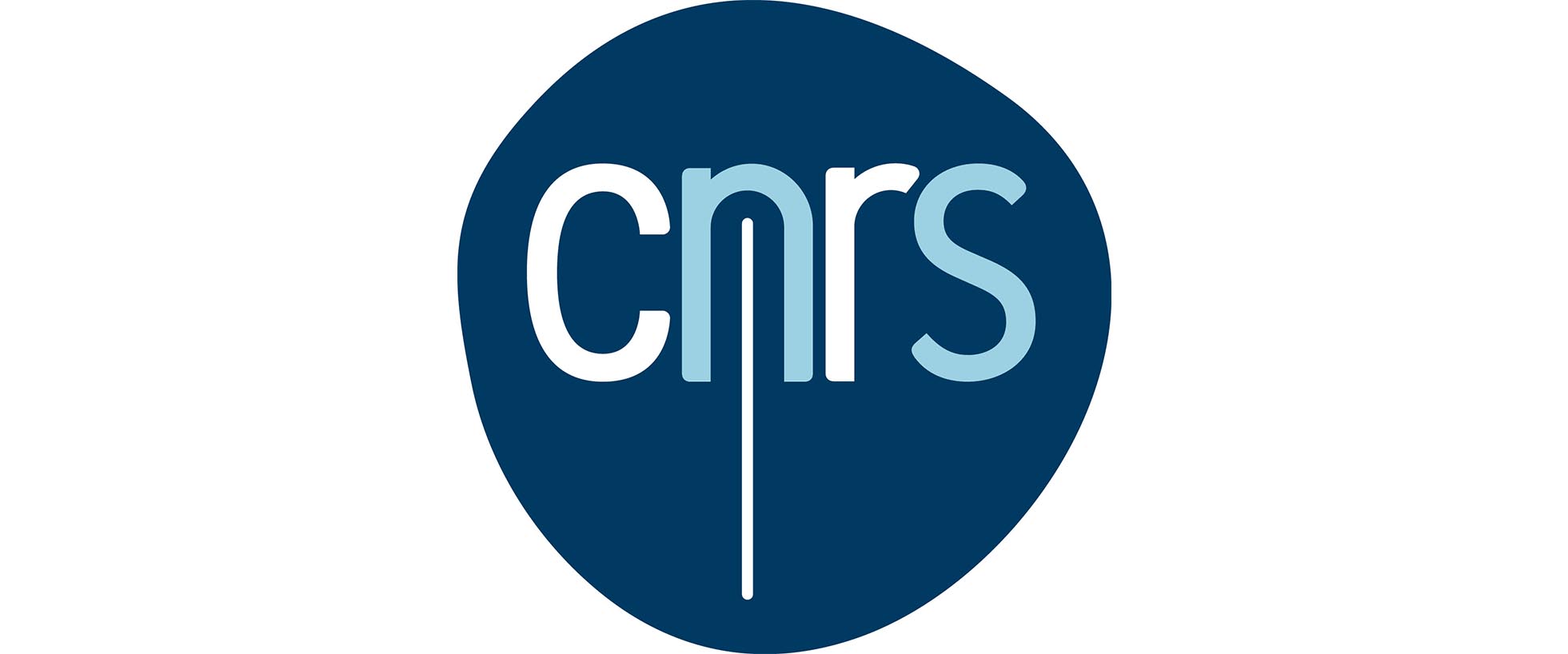Educational Data Mining for Textbooks Personalization
Key words
Educational data, traces of activity, user consumption modeling, data mining, recommender systems
General Context
Experiments are currently conducted by several French schools, with the goal to provide school students with numerical textbooks, instead of providing them with a hard copy.
These numerical textbooks may strongly modify students’ learning habits and practices. So, a thorough analysis of these new practices has to be performed: to what extent these textbooks modify students’ position in the classroom, which fine-grained real usage of the pedagogical resources is made? Quantitative indicators, dashboards, etc. have thus to be designed to have a clear and synthetic view of students real behavior. They obviously have to be supplemented by a qualitative analysis that relies on a fine-grained analysis of the pedagogical resources.
Goal
The goal of this PhD thesis is the design of algorithm that qualify (and quantify) the actual the usage (we can also talks about consumption) of numerical pedagogical resources by students. The final goal is threefold:
- have a fine-grained analysis
- have a thorough understanding of the consumption behavior of students
- being able to provide with recommendations to
- authors of pedagogical resources, the recommendations are about the real usage of their resources, associated to recommendations about the design of these resources
- teachers, to give them information about the usage of the resources by students
- students, to inform them about their own behavior (or relatively to their peers), and provide them with recommendations ((part of) resource consumption),
Scientific Challenges and Program
Several scientific challenges have already been highlighted:
- Design of a measure of consumption of pedagogical resources. The design of this measure has to answer the following questions: which information, which data, which parameters, which granularity level? This measure must obviously be as generic as possible to be operated on several formats or media.
- Identify activity indicators about learners, so that the indicators can be automatically evaluated from numerical activity traces.
- Use all these measures and indicators to model learning behaviors
- Design recommender algorithms to authors, teachers, students. The recommender can even aim at personalizing resources. The question about the coherence between the recommendations provided to all these stakeholders remains open.
Additional challenges related to data volume, uncertainty in data, real-time aspects, variability between students and between resources will have to be considered.
Additional information
The approach used will rely on machine learning, instance-based learning and data mining. The choice of the exact approach will be discussed with supervisors.
The PhD student must have a background in data science, machine learning, recommender systems, and strong programming skills. The PhD student will frequently interact with teaching professionals.
Application
The application should include a brief description of research interests and past experience, a CV, degrees and grades, a copy of Master thesis (or a draft thereof), motivation letter (short but pertinent to this call), relevant publications (if any), and other relevant documents.
Candidates are encouraged to provide letter(s) of recommendation or contact information to reference persons. Please send your application in one single pdf to: armelle.brun@loria.fr and anne.boyer@loria.fr
Closing date for application
1st November 2018
Practical information
Duration: 3 years (full time position)
Starting date: January, 2019
Advisors and location of the PhD
Anne Boyer – PR (anne.boyer@loria.fr)
Armelle Brun, MCF-HDR (armelle.brun@loria.fr) – https://members.loria.fr/ABrun/
LORIA Lab (http://www.loria.fr)
KIWI research team, Université de Lorraine, France (http://kiwi.loria.fr)



